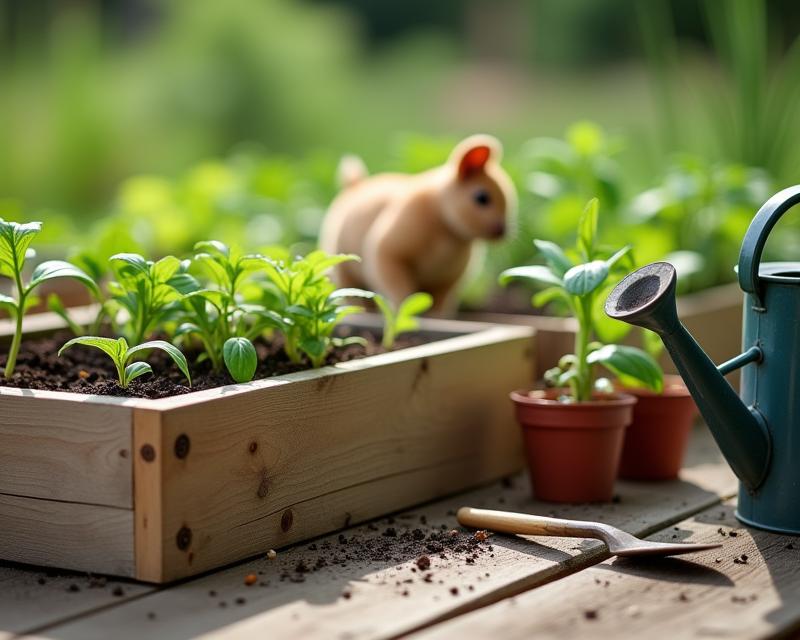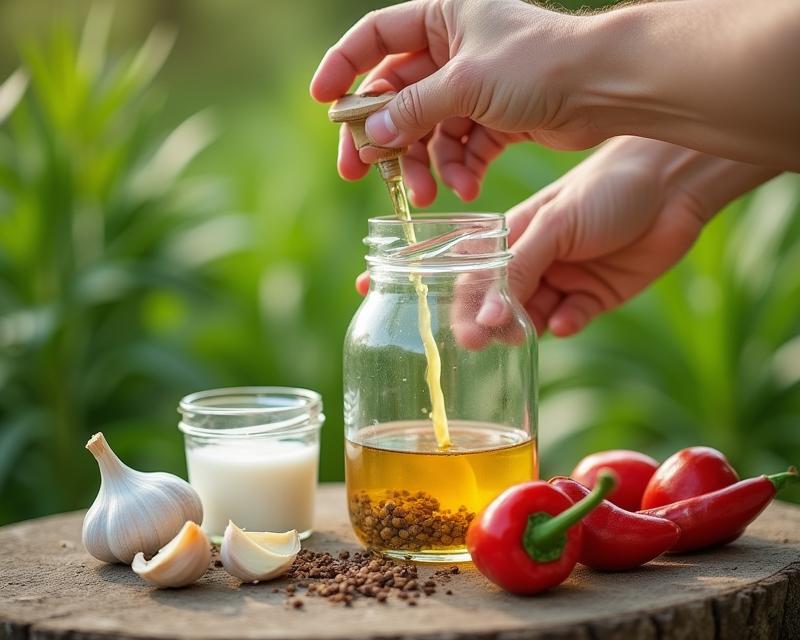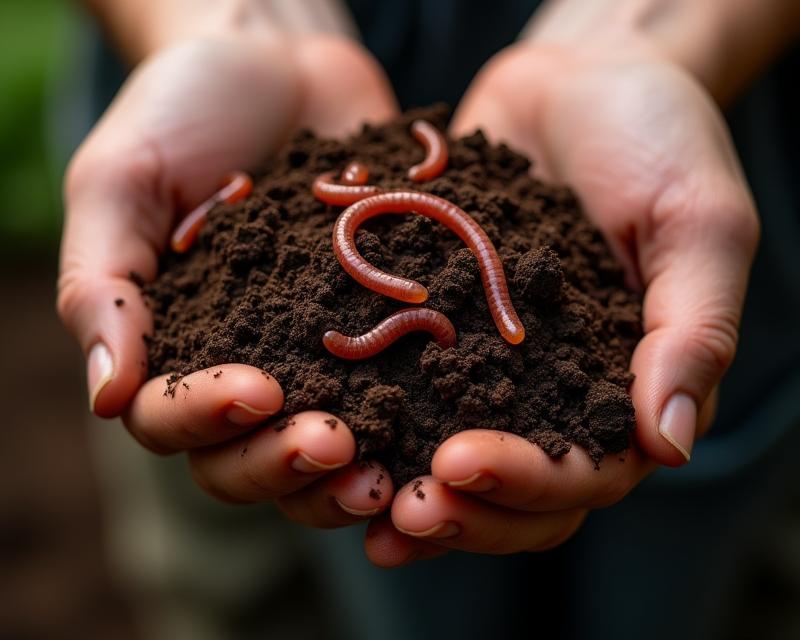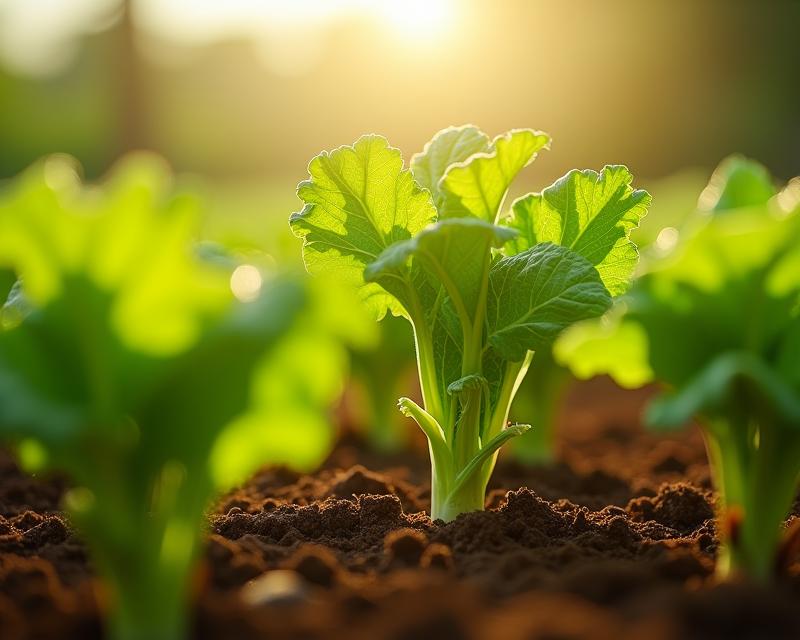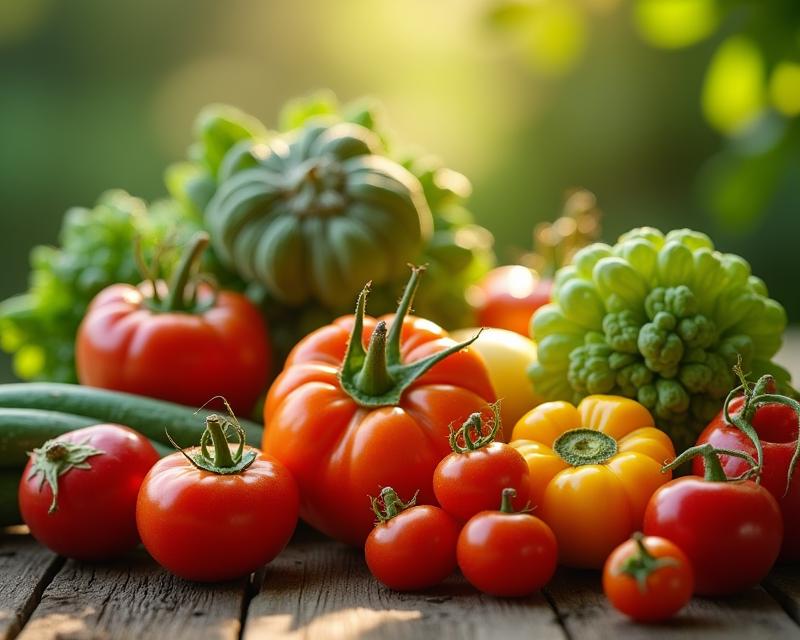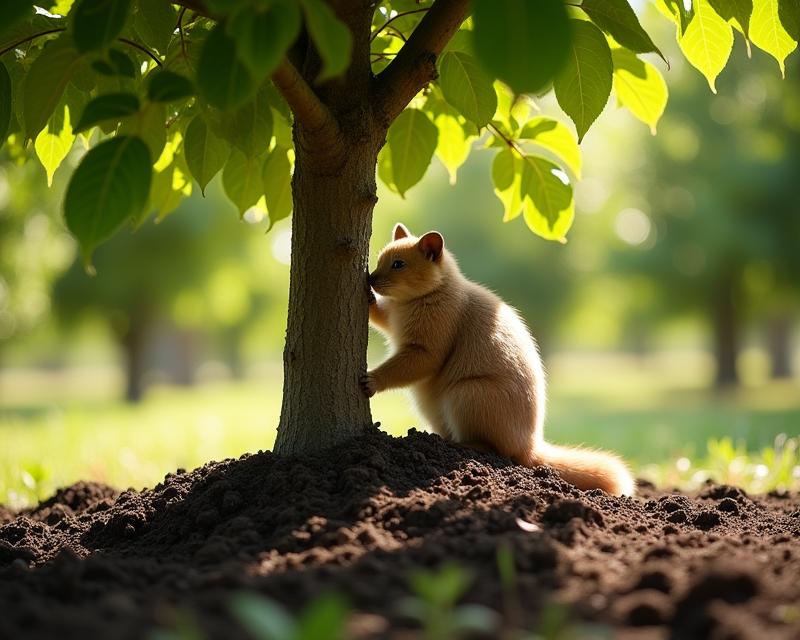Manure Mistakes: Don't Burn Your Plants!
Publish in Organic Gardening & Farming el 22/07/2025 16:43
Manure Mistakes: Don't Burn Your Plants!
Manure is a fantastic natural fertilizer – packed with nutrients that can boost your crops and enrich your soil. But using fresh manure directly on your plants can actually do more harm than good! It's a common mistake, especially for new farmers and gardeners, but understanding why it's problematic is key to successful soil amendment.
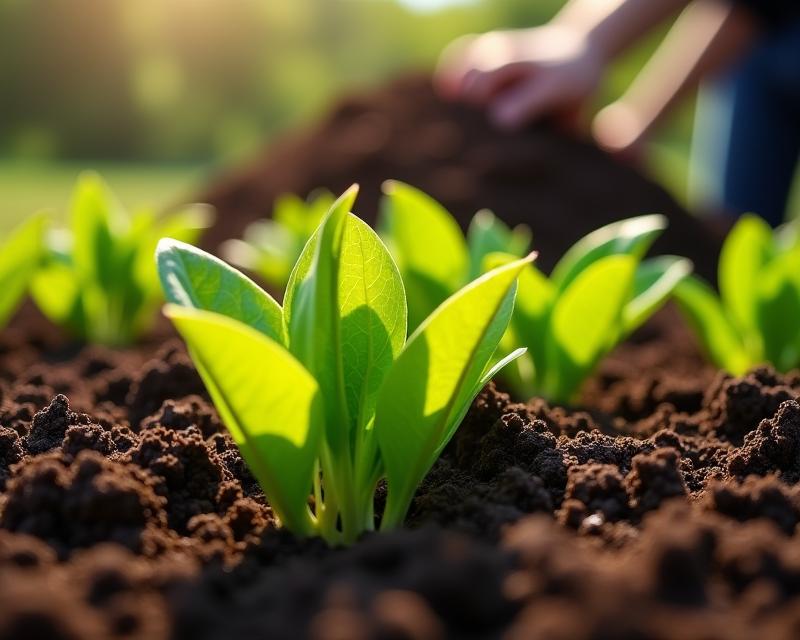
Why Fresh Manure Burns
Think of fresh manure as a powerful, concentrated source of nitrogen. When applied directly to plants, this high nitrogen content can overwhelm their roots. This creates a sort of 'fertilizer burn,' damaging the delicate root systems and leading to stunted growth, yellowing leaves, and even plant death. The ammonia in fresh manure is also very caustic and can physically damage plant tissues. It's like giving your plants a super-strength dose of something they can't handle!
The Importance of Aging and Composting
The solution? Aging or composting your manure! This process allows the nitrogen to break down into a more manageable form. Aging simply involves piling the manure and allowing it to sit for several months, turning it occasionally. Composting, on the other hand, is a more active process where you create a controlled environment for decomposition. This involves layering manure with carbon-rich materials like straw, leaves, or wood shavings. The heat generated during composting further breaks down harmful pathogens and reduces the risk of weed seeds.
How Long to Age or Compost
The ideal aging or composting time depends on the method and the type of manure. Aging typically takes 6-12 months, while composting can take anywhere from 2-6 months. You'll know your manure is ready when it has a dark, crumbly texture and a pleasant earthy smell – no longer the strong, pungent odor of fresh manure. Always err on the side of caution; a longer aging/composting period is always better than rushing the process. Properly aged or composted manure is a slow-release fertilizer, providing nutrients gradually and safely to your plants. It also improves soil structure, water retention, and overall soil health. So, take the extra time – your plants will thank you for it!
Safe Application
Once aged or composted, manure can be applied to your garden beds in the spring or fall. Apply a thin layer and incorporate it into the soil. Avoid applying manure directly to edible parts of plants. Remember, a little goes a long way! By avoiding this common mistake and embracing the power of aging and composting, you can unlock the incredible benefits of manure for your farm or garden.
